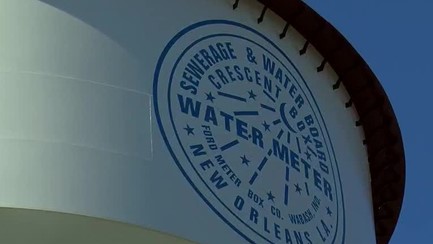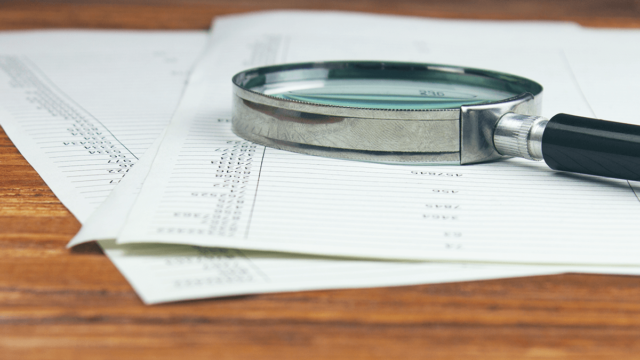
In June of 2017, the OIG received a complaint that Sewerage and Water Board employees were parking for free on and around St. Joseph Street by using handicapped parking placards in their personal vehicles. Vehicles bearing a handicap hang-tag issued to a mobility-impaired person or person with disabilities that are being operated for the transport of the mobility-impaired person or person with disabilities can park in a metered parking space for up to three (3) hours without payment. The investigation identified 26 S&WB employees using unauthorized handicapped placards to park for free in metered spots around S&WB headquarters. The OIG, with the assistance of the Louisiana State Police, determined that the aforementioned 26 employees were not authorized by the Louisiana Office of Motor Vehicles to display the handicapped placards in their vehicles.
OIG investigators also observed that none of the vehicles bearing a handicapped parking placard parked in the vicinity of the S&WB main office at 625 Saint Joseph Street had received a parking ticket for parking beyond the allotted three hours. Consequently, S&WB employees may have deprived the City of approximately $197,000 per year in parking meter revenue because they exceeded the three-hour free parking benefit. The OIG provided this information to the City’s Department of Public Works (DPW). DPW initiated enforcement action and Parking Enforcement Officers issued citations to vehicles for expired meters. Furthermore, DPW will assign Parking Enforcement Officers to do a monthly sweep of the area around S&WB headquarters looking for potential violations.


